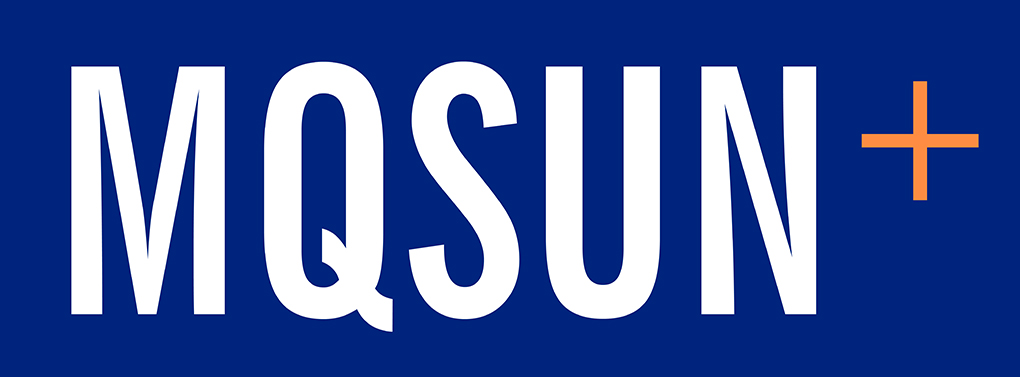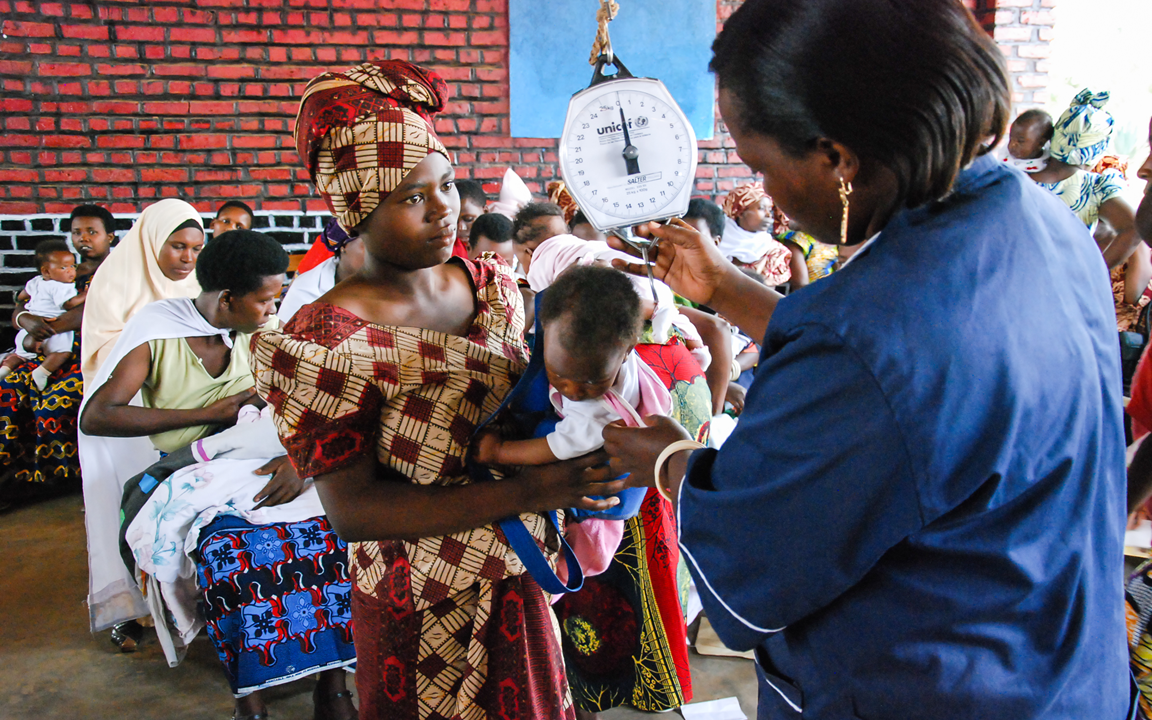Universal health coverage is a critical objective for achieving the Sustainable Development Goals (SDGs) for health and well-being; partnerships and institutions; and addressing hunger, poverty and inequity. Likewise, the SDGs reinforce universal health coverage (UHC); as countries develop, they will be better able to consistently deliver health care. Attaining UHC means that everyone can access needed health services, of sufficient quality to be effective, and without financial hardship. Equity, quality and financial protection are the three objectives of UHC.
Ensuring UHC means offering all health care categories that individuals and communities need—whether promotive, preventive, curative, rehabilitative or palliative. Of course, being able to afford UHC means prioritising some services over others. Policymakers and implementers will need to consider—within their context—which actions to prioritise in order to ensure the health system equitably and cost-effectively delivers. This brief shares a perspective on a type of health service that needs to be universally covered: nutrition.


